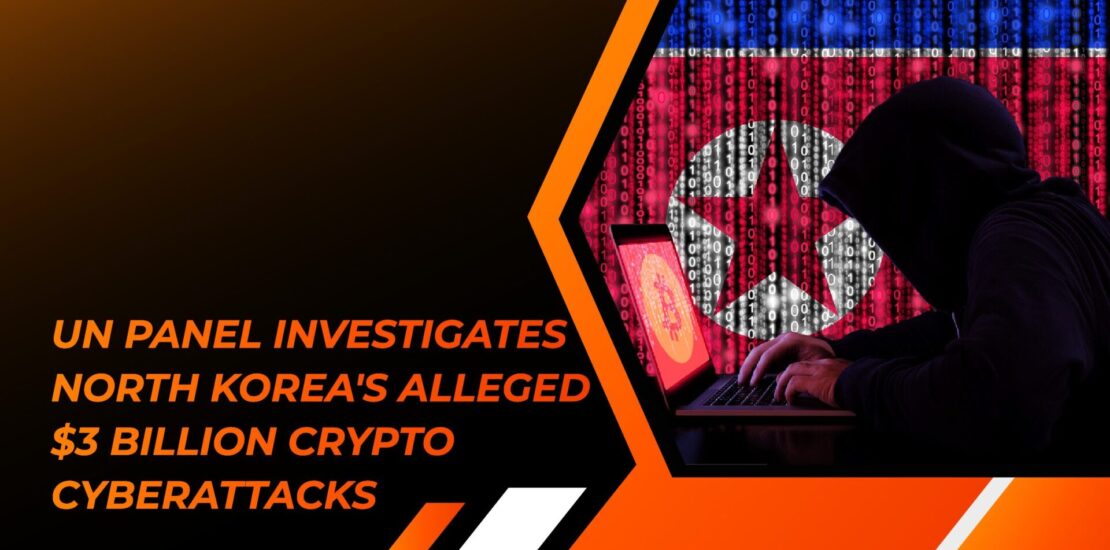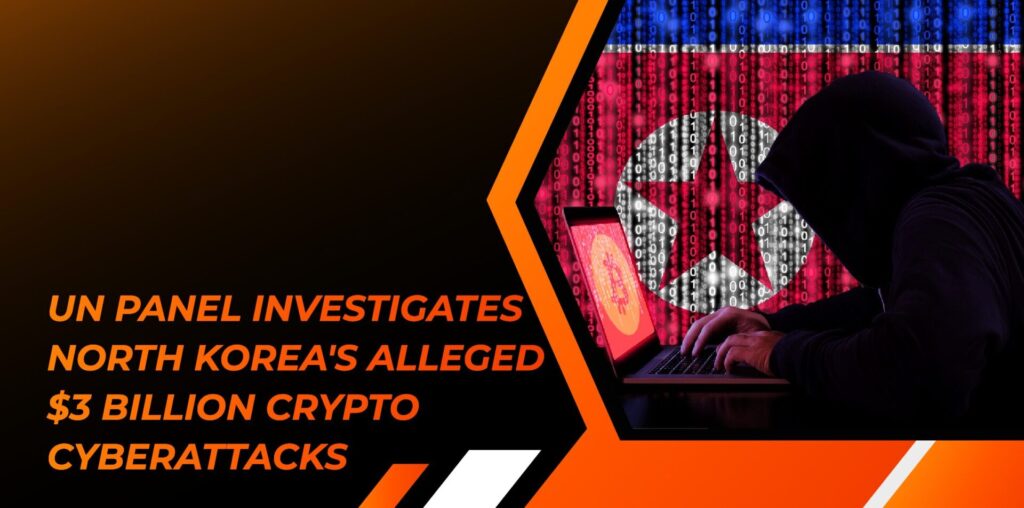- February 10, 2024
- Posted by: [email protected]
- Category:


The ongoing investigation by an independent United Nations panel into North Korea’s 58 suspected involvement in cyberattacks targeting cryptocurrency firms, amassing a staggering $3 billion, has brought to light a complex web of illicit activities with far-reaching consequences. According to an unpublished UN report reviewed by Reuters, the Democratic People’s Republic of Korea (DPRK) is accused of flouting Security Council sanctions through these clandestine operations, shedding light on the country’s pursuit of alternative revenue streams to fund its Weapons of Mass Destruction (WMD) program.
The UN panel’s scrutiny extends to 58 suspected cyberattacks on cryptocurrency-related companies that transpired between 2017 and 2023, collectively valued at approximately $3 billion. This financial windfall, reportedly instrumental in advancing North Korea’s WMD development, underscores the evolving nature of geopolitical threats in the digital age.
TRM Labs’ recent report highlights the severity of North Korea’s cyber prowess, revealing that hackers linked to the country pilfered a substantial $200 million worth of cryptocurrencies from January to August 2023 alone. This constitutes over 20% of the total cryptocurrency stolen globally during the preceding year, as noted by the blockchain intelligence firm. The ill-gotten gains from these cyber operations are believed to be directly channeled into financing the country’s nuclear and ballistic missile programs, representing a strategic shift away from more conventional revenue streams.
According to Nick Carlsen, an intelligence analyst at TRM Labs, he emphasizes the efficiency of such crypto-related illicit activities for North Korea, characterizing them as a markedly more effective method for the country to generate revenue. The adaptability and ease of transferring funds through cryptocurrencies provide North Korea with a streamlined means to navigate financial restrictions imposed by international sanctions.
The backdrop of UN sanctions on North Korea since its first nuclear test in 2006 includes restrictions on financial services, minerals, and metals, aiming to curtail the country’s access to funding sources. The report highlights the resilience of North Korea in accessing the international financial system and engaging in illicit financial operations that directly contravene UN Security Council resolutions.
Chainalysis, a blockchain analytics company, adds another layer to the narrative by revealing that 2022 witnessed an unprecedented surge in crypto hacking, with approximately $3.8 billion stolen from cryptocurrency businesses. The primary perpetrators were North Korea-linked attackers, reinforcing the notion of an intricate global network of cyber-espionage with cryptocurrency as a focal point.
As the UN report is poised for release, diplomatic sources indicate that the panel delved into the activities of North Korean nationals working overseas. The findings point to a persistent pattern of behavior, with North Korea circumventing sanctions, engaging in illicit financial operations, and leveraging cyber capabilities to pursue its strategic objectives. The investigation serves as a stark reminder of the multifaceted challenges posed by state-sponsored cyber threats and the critical role of cryptocurrency in the evolving landscape of global security.



